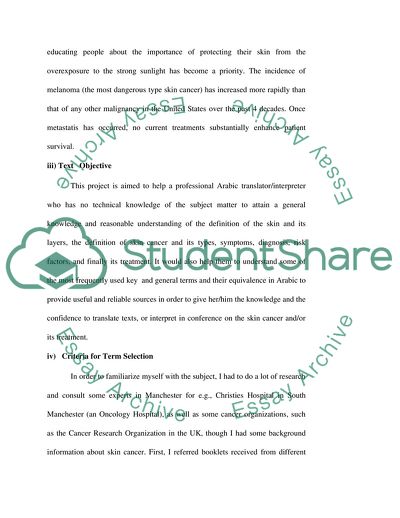Cite this document
(Understanding Skin Cancer for a Professional Arabic Essay, n.d.)
Understanding Skin Cancer for a Professional Arabic Essay. Retrieved from https://studentshare.org/health-sciences-medicine/1711229-skin-cancer
Understanding Skin Cancer for a Professional Arabic Essay. Retrieved from https://studentshare.org/health-sciences-medicine/1711229-skin-cancer
(Understanding Skin Cancer for a Professional Arabic Essay)
Understanding Skin Cancer for a Professional Arabic Essay. https://studentshare.org/health-sciences-medicine/1711229-skin-cancer.
Understanding Skin Cancer for a Professional Arabic Essay. https://studentshare.org/health-sciences-medicine/1711229-skin-cancer.
“Understanding Skin Cancer for a Professional Arabic Essay”, n.d. https://studentshare.org/health-sciences-medicine/1711229-skin-cancer.


